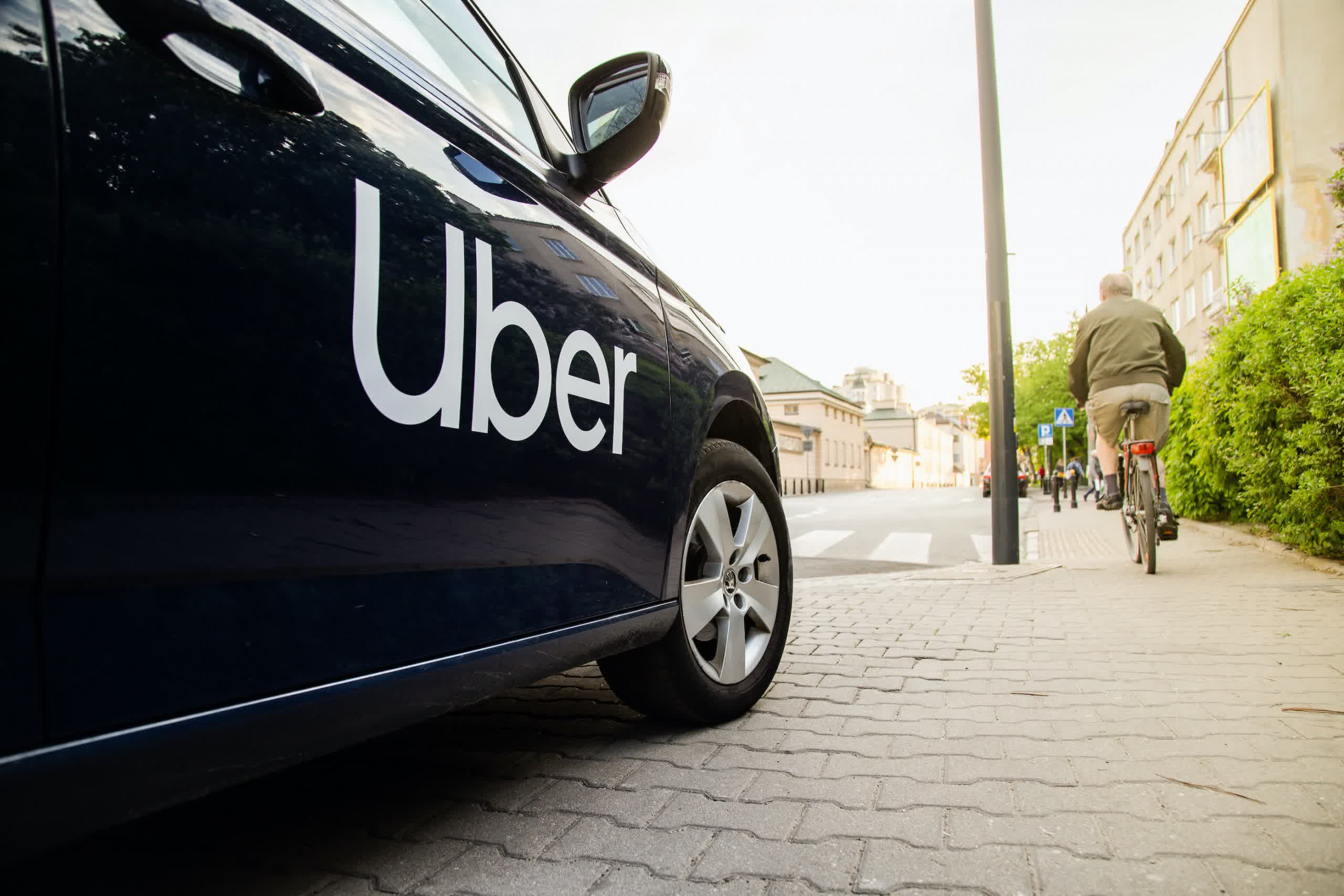In context: Should ride-sharing drivers be considered contractors or employees? It is a question hotly debated and contested in the courts, especially in Califonia. As it stands at the moment, Uber and lift will have to classify drivers as employees at the first of the year, but Proposition 22 could change that ruling.

A judge says Uber can continue to spam messages to its drivers, urging them to vote yes on California Prop 22. Last week, Uber drivers in the state filed a class-action lawsuit against the company asking for injunctive relief regarding the campaigning being conducted through the Uber app.
In a decision rendered Wednesday afternoon, California Superior Court Judge Richard Ulmer denied the temporary restraining order saying that plaintiffs waited too long to file the complaint. He also wrote that a ruling in favor of the plaintiffs would violate Uber's "freedom of speech."
"According to plaintiffs, Uber's driver app campaign began in August. Why plaintiffs waited months to sue and seek injunctive relief is not explained, and such delay casts doubt on their case…Temporary restraining orders that 'forbid speech activities' are 'classic examples of prior restraints,' and are 'the most serious and the least tolerable infringement on First Amendment Rights.'"
Proposition 22 goes in front of California voters on November 3, making the case a "moot point" in Ulmer's opinion since a couple of weeks is not enough time to hear the case. At the first of the year, Uber and Lyft will be required to classify their drivers as employees under California AB5 passed last year. If Prop 22 passes, it will effectively nullify AB5 where ride sharing is concerned.
Drivers initially filed the class action because they felt the language in the messages seemed retaliatory—that if they did not support the measure, Uber would fire them. Plaintiff lawyers see Judge Ulmer's decision as a win even though it did not go their way.
Almost immediately after filing the lawsuit, Uber ended its Prop 22 campaign. An unnamed Uber executive also vowed in a sworn declaration that the company would not take any action against drivers who are opposed to 22.
"That's pretty great, and I'm happy about that," said David Lowe, one of the attorneys representing the drivers. "We accomplished two of the main goals of the lawsuit."
Image credit: Mozco Mateusz Szymanski
https://www.techspot.com/news/87362-judge-denies-request-stop-uber-pushing-pro-prop.html